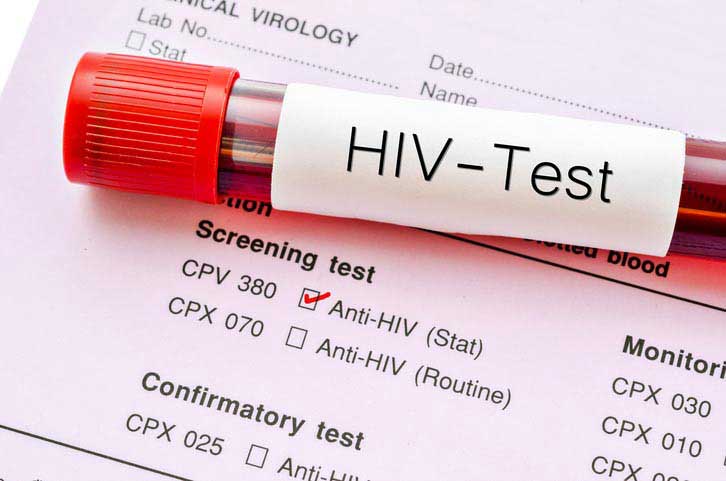
Although HIV was once considered a terminal diagnosis, today, more and more people are living long, healthy lives with the virus. There are many treatments that manage the virus and may prevent it from developing into full-blown AIDS. Treatments can also reduce the risk of transmitting the disease. However, despite these advances in HIV treatments, myths about the disease and how it is spread continue to persist and put people in danger. Here are the facts behind some common myths about HIV.
Myth: You can get HIV by sharing food with an infected person
Saliva does not carry a sufficient amount of the HIV virus to cause an infection. You can share food safely with someone who has been diagnosed with HIV. Likewise, you cannot get HIV from kissing someone with the virus or if they sneeze or cough on you.
HIV is transmitted when specific bodily fluids enter your blood stream. The bodily fluids that contain HIV are:
- Semen
- Vaginal secretions
- Anal secretions
- Breast milk
- Blood
Myth: There is a cure for HIV
Because you can live a long life with HIV now, many people believe there is a cure for the disease. In reality, antiretroviral treatments can help to control the virus and keep people healthy, but it is not a cure.
These drugs work by reducing the amount of the virus in the blood stream. Keep in mind that even if you have HIV and your partner is positive as well, it is still necessary to use protection. There are different strains of the disease, and so your partner could introduce a new strain into your system, which can make your treatments ineffective.
Myth: I am not at risk of HIV
Anyone is at risk for getting HIV if they are sexually active or inject drugs. Although some groups of people have a higher risk of getting HIV than others, no one is immune from infection. It is important for everyone to take measures to protect themselves, such as using condoms and not sharing needles.
Don’t let myths about diseases and their treatments put your health at risk. At MountainView Hospital, in addition to our comprehensive hospital services, we offer a variety of health classes and other resources to help you take control of your health. You can learn more about our hospital in Las Vegas and our community resources by calling (702) 962-5021.
$webqFacilityNumber
Need a Physician?